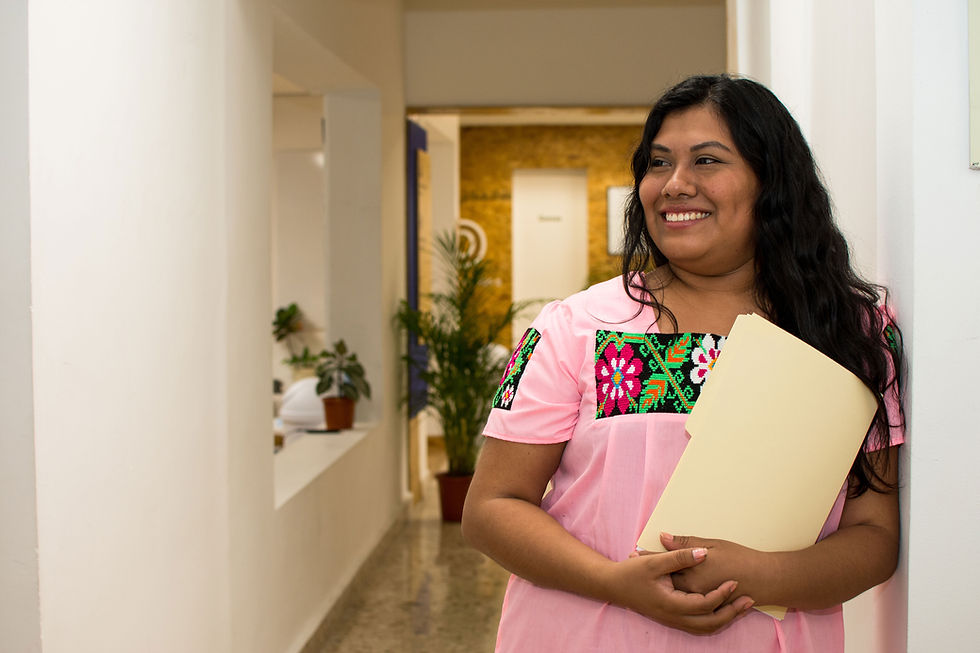How to Prepare for Your Notary Appointment in California
- Jul 4, 2025
- 3 min read
Updated: Nov 8, 2025
The need for a notarized document often arises when dealing with important paperwork, and for many, the process can seem a bit daunting. However, preparing for your notary appointment doesn't have to be overwhelming. With a little understanding and preparation, you can ensure a smooth and efficient experience.

Understanding the Role of a Notary Public in California
First, it’s helpful to understand what a notary public is and what their role entails. In the United States, a notary public is a state-commissioned public official. Their primary duty is to prevent fraud by serving as an impartial witness to the signing of important documents. This involves verifying the identity of the individuals signing and ensuring they are doing so willingly. This process adds a crucial layer of authenticity and legal validity to various documents.
Notaries are authorized to perform several key functions, including verifying identities, witnessing signatures, administering oaths and affirmations, and, in some cases, certifying copies of certain documents as permitted by law. They also complete the official notarial certificates that accompany your document.
It's equally important to know what a notary cannot do. A notary public is strictly prohibited from practicing law if they are not a licensed attorney. This means they cannot draft, prepare, or select legal documents for you, nor can they advise you on the type of notarial act you need. They are also unable to offer any legal advice regarding the content or implications of your document. If you have questions about the legal nature of your document or which specific notarial act (like an Acknowledgment or Jurat) is required, it’s best to consult with the organization that provided the document, a relevant state agency, or a qualified attorney.
What to Expect and How to Prepare for Your Notary Appointment
To ensure your notary appointment goes smoothly, here’s what you’ll typically need and what to expect:
1. Identification is Key:
The most critical item you'll need is a valid form of identification. The specific types of accepted ID can vary by state, but generally include a driver's license, passport, or state-issued ID card. If you don't have an acceptable form of personal identification, you may need to have two credible witnesses present who do possess acceptable identification and can verify your identity. Always confirm the specific ID requirements with your notary in advance. Common acceptable IDs often include:
Driver's license
Passport
State-issued ID card
Military ID card
Foreign passport or consular ID (check state-specific rules)
Tribal ID card
2. Document Completion
Make sure all documents requiring notarization are complete. A notary cannot notarize an incomplete document, as their role is to verify the signing of a full and final document. While it's generally best to avoid signing the document beforehand, ensure all blanks are filled out, except for your signature, which will be affixed in the notary's presence.
3. Payment:
Notary services typically incur a fee. Be prepared to pay for the service using accepted methods, which commonly include cash, debit, or credit cards. Some notaries may also accept digital payment methods. It's always a good idea to confirm payment options when scheduling your appointment.
2. How Much Time to Set Aside for the Notary Appointment:
Most general notary appointments are relatively quick, often lasting around 15 minutes, depending on the number of documents. The notary will verify your identity, witness your signature on the document, record the notarial act in their journal, and in some cases, take a thumbprint. Once completed, you'll finalize any remaining payments.
Completing a Successful Notary Appointment
By arriving prepared with the correct identification and completed documents, you can ensure your notary appointment is a quick, efficient, and stress-free part of managing your important paperwork.

Comments